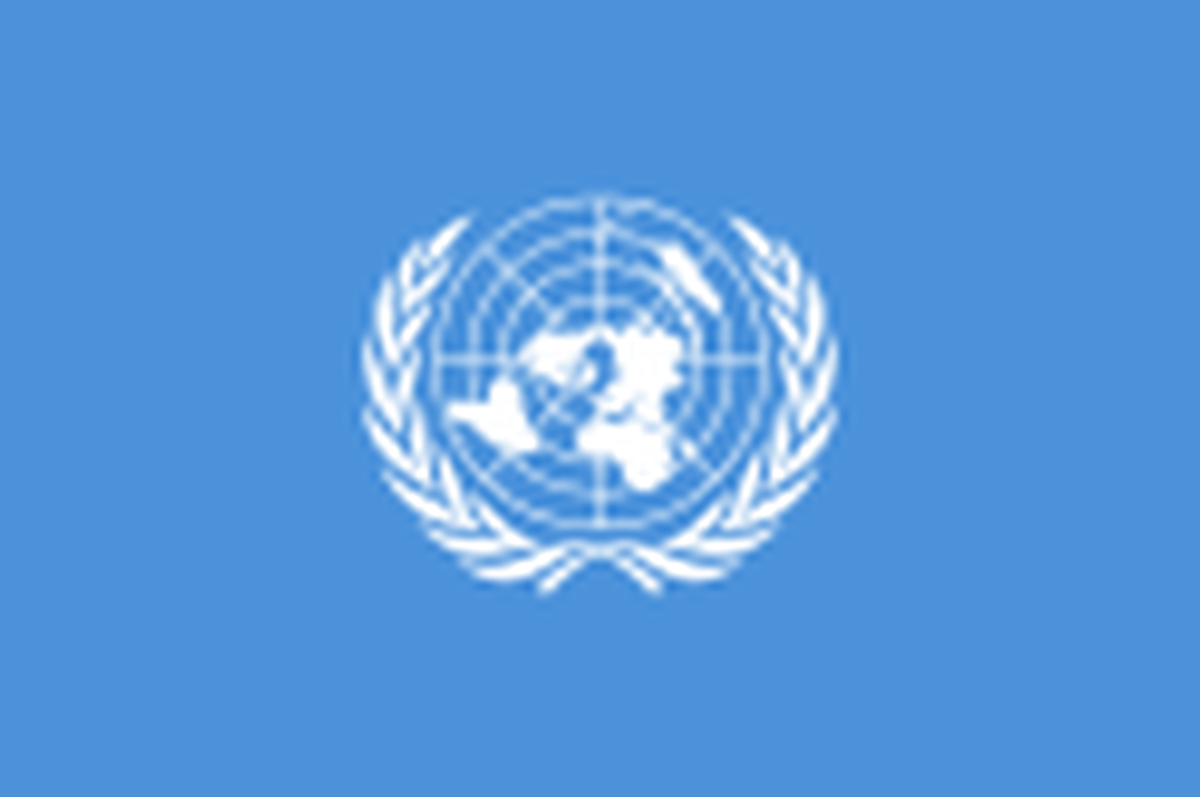“The instability and piracy of Somalia will probably mean a double dose of ICBMs.”
 New York, July 19 – The United Nations Security Council voted 12-3 today to accept a joint European-American proposal to bring the horrific violent conflicts in Africa to an end by obliterating all human life there with nuclear weapons.
New York, July 19 – The United Nations Security Council voted 12-3 today to accept a joint European-American proposal to bring the horrific violent conflicts in Africa to an end by obliterating all human life there with nuclear weapons.
Protracted civil wars and terrorism in Congo, Somalia, Nigeria and elsewhere have proved far too complex and bloody to resolve, explained US Ambassador to the UN Samantha Power. “We thought we had the conflict in Congo licked ten years ago,” she said, “but government incompetence, corruption and disorganization, combined with rebel brutality and outside meddling, have made things worse.”
The West bears the lion’s share of responsibility for much of the bloodshed in Africa, said Jan Grauls, head of Belgium’s mission to the UN, and must therefore assume the bulk of the burden for ending it. Though not currently a Security Council member, Belgium’s brutal, exploitative administration of the Congo in the late nineteenth and early twentieth centuries prompted the nation to lobby council members heavily in favor of a comprehensive solution. France, also once a colonizer of Africa and one of the council’s permanent members, aggressively took up the motion once it was introduced.
The Security Council released a statement that read, in part: “The Council has resolved to take one of its most drastic measures ever, in response to one of the most severe humanitarian crises ever. The civil wars, ethnic unrest and rampant disease in Africa cry out for a permanent solution. This decision paves the way for just such a solution, and the Council anticipates that nations with the means to participate in the effort will do so with alacrity. May the nations of the world always reach agreement this quickly when it comes to human suffering.”
It remains unclear when, if at all, the nuclear holocaust will be unleashed. The Council did not set a timetable, nor did it assign specific responsibility. Instead the members split into several working committees to hammer out a roster of participants and a preliminary list of necessary resources, and which countries might provide them.
The United States, Russia and China, as the three largest nuclear powers, are the obvious choices for supplying the materials, while France, Britain, India and Pakistan are far less likely to part with even part of their limited arsenals just to wipe a billion black people off the face of the Earth. Israel has never acknowledged possessing atomic weapons, and given the history of the Security Council’s hostility to the Jewish state, is unlikely to participate. Iran is suspected of pursuing development of a nuclear arsenal, but maintains its nuclear program is strictly for civilian power generation and research; it nevertheless approached the Council with an offer to supply fissible material for the purpose of this initiative.
According to Noah Itall, Professor of International Relations at Columbia University, it is unlikely that any nuclear action will take place before 2017, and even then it will probably not cover the entire continent. “The most unstable, miserable parts of Africa are sub-Saharan, and that’s where the bulk of the effort will likely be directed,” he said in an interview. “That’s also where AIDS is most rampant, and where diamonds are fueling a bunch of brutal conflicts, so this initiative can kill three major birds with one stone.”
Whether or when the rest of the continent gets wiped clean will depend on a host of factors, chief among them the availability of oil and other natural resources in the target areas. For that reason, Egypt and other North African countries are likely to be spared, said Itall. “But East Africa will definitely be second in line – the famines and wars in Ethiopia and Sudan are just begging for this kind of resolution, and the instability and piracy of Somalia will probably mean a double dose of ICBMs.”
The three dissenting votes came from Togo, South Africa and Morocco.




